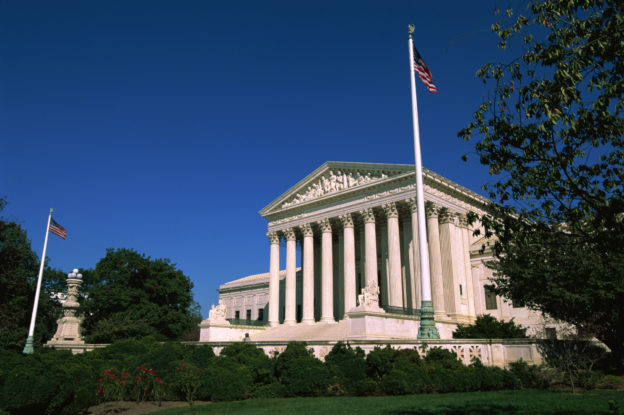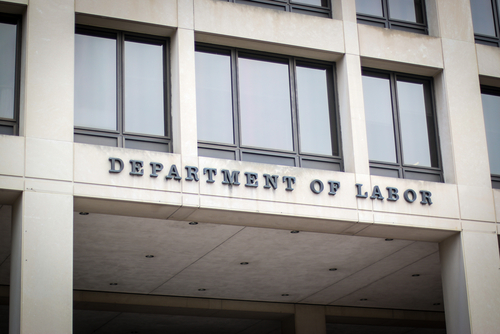by Kody Condos and Leslie Perkins
Today, June 18, 2024, marks the effective date of the Pregnant Worker’s Fairness Act (“PWFA”) Final Rule, which is now effective in 48 states. The path to implementing the PWFA has been fraught with lawsuits, culminating in this week’s starkly opposing court decisions.

Leslie Perkins

Kody Condos
First, U.S. District Judge D. P. Marshall Jr. (Arkansas) dismissed a motion for preliminary injunction filed in April by attorneys general from 18 states against the Equal Employment Opportunity Commission challenging the provisions of the PWFA related to employers being required to provide reasonable accommodations for employees seeking elective abortions. Judge Marshall held the attorneys general lacked standing to sue and that the states could not show a likelihood of irreparable harm, an element required for a preliminary injunction to be successful. Because of the lack of standing and failure to meet a required element of a preliminary injunction, the Court denied the preliminary injunction as moot and ordered dismissal of the Complaint without prejudice. Read more

















